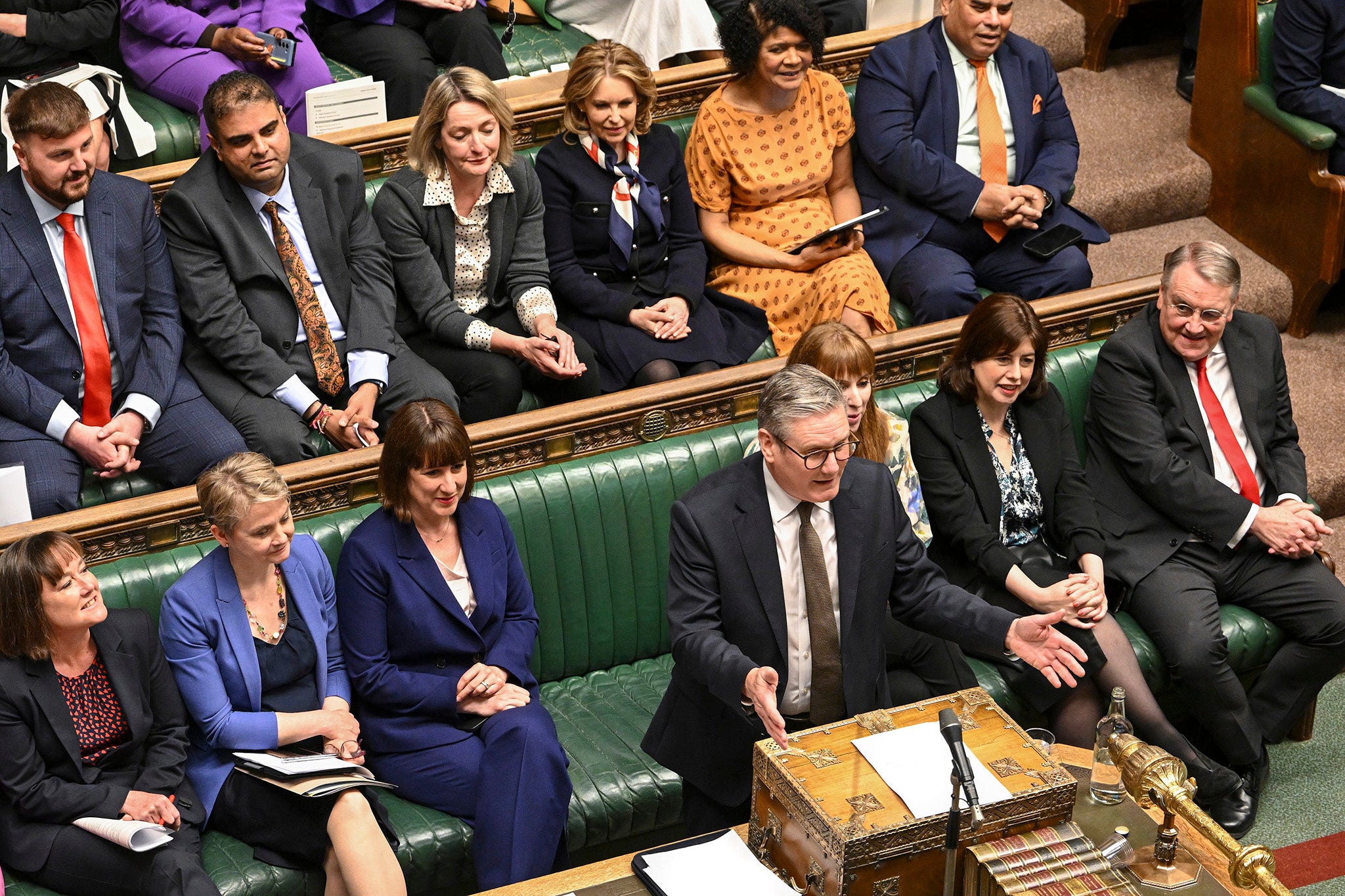Mea Culpa: lots and lots but we’re not exactly sure how many
Our tolerant stickler John Rentoul checks the style and syntax in last week’s Independent


There is an insurance company called More Than, which is a strange name for a business. It is just as odd as a way to start an article. On Wednesday we said: “More than 80 charities and civil society bodies have called on Rishi Sunak to reverse a decision to block a UK visit by the UN inspector on food poverty until after the election.”
This was even odder because the headline had already told us exactly how many charities and “civil society bodies” – couldn’t we find a better phrase? – had written a letter to the prime minister: 85.
Presumably we wanted to avoid putting the number 85 at the start of the sentence, but in that case the rule is to spell it out. There would have been nothing wrong with starting the report: “Eighty-five charities and pressure groups have called on Rishi Sunak…”
In other contexts, when we use “more than”, it suggests that we don’t know exactly how many, so it tends to weaken the story. In the past week, for example, we reported the alleged neglect of egg-laying hens “in sheds that housed more than 14,000 birds”; we said that “more than 2,700 whooping cough cases have been reported across England”; and that Rafah in Gaza “is sheltering more than 1.4m people”.
In each case, deleting “more than” would have made the reports punchier and, as the figures were approximate anyway, would have lost no relevant information.
Iceberg of ambiguity: In a report of the death of Bernard Hill we said he played “the part of Captain Edward Smith in James Cameron’s disaster-hit Titanic”. We meant the “hit disaster movie, Titanic”, so we changed it to that.
No woman is an aisland: In a picture caption on Wednesday, we said: “Natalie Elphicke, the MP for Dover, has crossed the aisle to join the Labour Party.” The “aisle” is what divides the two main parties in the House of Representatives in the US Congress. (Aisle, incidentally, is an unusual word, originally “ele” in the late 14th century, from the Latin ala, possibly a contraction of axilla, wing, meaning a separate part of a church. It was confused with the unrelated Middle English “ile”, island, and acquired an “s” when “ile” did in the 18th century, by association with a different word for island descended from the Latin insula.)
The usual phrase in the House of Commons is that an MP “crosses the floor”, as immortalised in the nickname given to Sir Hartley Shawcross, the Labour MP suspected of Tory tendencies, Sir Shortly Floorcross (although he never did).
Altogether now: We keep using “as” to bolt together two related stories in headlines. One ungainly example on Friday was: “Starmer unveils small boats plan as first Rwanda flights could take off in June.” The “as” has to introduce something that happened at roughly the same time as the Labour leader’s speech, not something that “could” happen in June. What actually happened was that the government confirmed when the first flights could take off, so we needed something like: “Starmer unveils small boats plan as Sunak sets June date for Rwanda flights.”
Up and down: On our sports pages on Tuesday we said that Borussia Dortmund were “at their highest ebb” in continental football. An ebb tide is one that is going out, or a low tide, as Robin Bulow pointed out. We know that language evolves, but, until it does, a high ebb is simply a contradiction.
Mixed metaphor award: Earlier, our report on the Miami Grand Prix said that the McLaren team “rolled the Miami dice”, which was a clever play on Miami Vice, except that we went on to spoil the effect, as Roger Thetford noted, by adding: “And it came up trumps.” Not only is dice the plural of die, so that should have been “they”, but we mixed our metaphor with trumps, which are a feature of card games.



Join our commenting forum
Join thought-provoking conversations, follow other Independent readers and see their replies
Comments